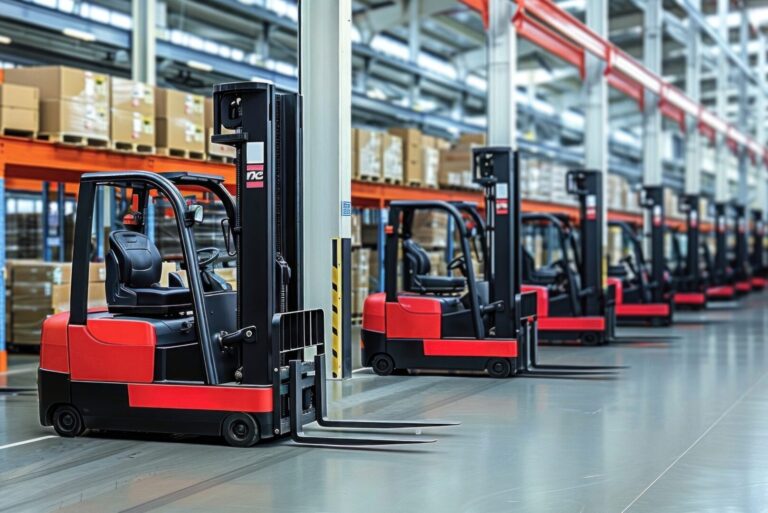What Is a Carbon Intensity Score? Understanding EV Energy Rebate Programs
January 28, 2024
Incentive programs like energy rebate programs have promoted the widespread adoption of electric vehicles (EVs) across North America. Central to these programs is the carbon intensity (CI) score, a measurement of how sustainable a fuel is. Understanding the CI score and how it relates to electric vehicles is a valuable step in understanding energy rebate programs and how to optimize your earnings.
This article explains how a carbon intensity score works and how fleet owners can take advantage of vehicles with low CI scores to earn rebates through their reduced carbon emissions.
Understanding Carbon Intensity Scores
In the simplest terms, a carbon intensity score is a measure of the greenhouse gas emissions associated with a fuel. This metric takes into account the entire lifecycle of the fuel, from its extraction to its usage. Several key factors are taken into consideration when calculating the CI of a fuel including the greenhouse gases emitted through the fuel’s production and distribution, and its efficiency.
A CI score of zero equates to carbon neutrality, while a higher CI score indicates greenhouse gas pollution. Fuels like propane and diesel, which typically emit heavy amounts of greenhouse gas through their production and usage, tend to have higher CI scores, while fuels like electricity and biofuels have lower–even negative–scores.
In recent decades, many state and federal regulations have pushed for the adoption of vehicles with lower CI scores, aiming to reduce pollution from fossil fuels while also enhancing the diversity of fuel pools. As these programs become more widespread, it’s important to understand how the CI score impacts incentive opportunities.
The Role of Carbon Intensity Scores in Low Carbon Fuel Standards
Low Carbon Fuel Standards, sometimes known as energy rebate programs, are state-level policies designed to decrease the carbon intensity of transportation fuels and, by extension, reduce overall greenhouse gas emissions from transportation sectors. The CI score is integral to these programs by serving as a benchmark against which the environmental impact of various fuels can be measured, compared, and gradually lowered.
Under energy rebate programs, fuels that have a CI score lower than the standard generate credits, while those with higher scores generate deficits. For example, California’s LCFS aims to reduce the CI of its transportation fuel pool 20% by 2030 as compared to its 2010 baseline. Due to incentive programs and the growing accessibility to EVs and EV charging stations, California is on track to meet its goal ahead of schedule.
Fleet owners who switch to EVs can generate credits due to the low CI score of electricity as a transportation fuel. This can act as an additional source of revenue, thereby incentivizing the widespread transition to electric and alternative fuels.
See if your fleet is eligible to earn rebates through a low carbon fuel standard: Which States Have a Low Carbon Fuel Standard?

Lowering the CI of your fleet vehicles can be an expensive undertaking. However, switching to electric can have long-term positive impacts through cost-effectiveness and improved operational efficiency, as well as rebate opportunities that offer additional sources of revenue. By partnering with Smart Charging Technologies, fleet owners can effortlessly manage the administrative and technical aspects of EV integration. From the initial application process to ongoing compliance and credit trading, Smart Charging Technologies ensures that fleet owners maximize their returns from LCFS programs without detracting from their primary business operations.
Contact us today to see how SCT can help you save.
Related Posts









